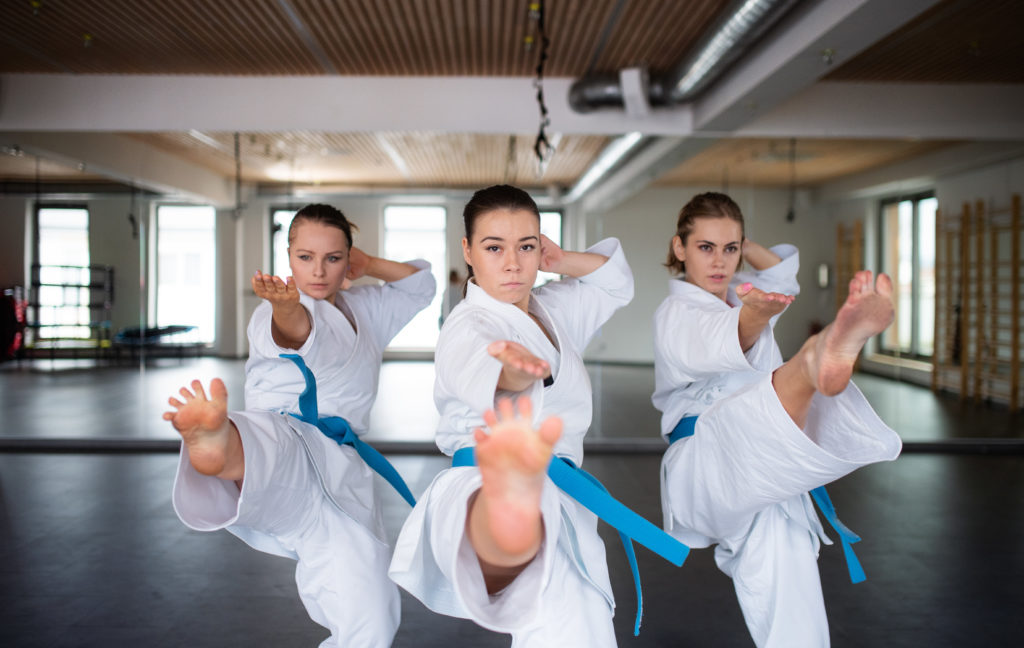Preparing for a karate competition is an exhaustive process involving many aspects, from physical training to mental preparation. Here are some key steps to prepare for a karate competition:
1. Training planning :
The first step is to draw up a training plan adapted to your skill level, your goals and the time remaining until the competition. It’s important to work on the two main aspects of karate: kata and kumite. Training should focus on improving technique, strength, speed, endurance and flexibility.
2. Perfecting techniques :
It’s crucial to master the techniques you plan to use in competition. This means practising your katas or kumite combinations regularly, focusing on precision, power and control.
3. Physical preparation :
Physical preparation includes endurance, strength and flexibility training. A good physical training program must be well balanced to avoid injury and maximize performance.
4. Nutrition and hydration :
Good nutrition is essential to support intensive training and ensure optimum performance in competition. This includes a balanced diet, rich in protein for muscle recovery, carbohydrates for energy, and vitamins and minerals for general health. Hydration is just as important, before, during and after training.
5. Mental preparation :
Mental preparation is often overlooked, but it is just as important as physical preparation. This can include visualization techniques to imagine how the competition will unfold, relaxation exercises to manage stress and nervousness, and strategies to stay focused and motivated.
6. Knowledge of the rules :
Detailed knowledge of the competition rules is crucial. This will help you avoid unnecessary penalties and understand what the judges are looking for in kata and kumite performances.
7. Location recognition :
If possible, it’s a good idea to visit the competition venue in advance to familiarize yourself with the surroundings. This can help reduce anxiety on competition day.
8. Rest :
Finally, don’t forget to rest. Adequate rest and recovery are essential to allow your body to repair and strengthen itself after training.
Every athlete is different, so it’s important to find what works best for you. It can be beneficial to work with a coach or mentor who can help you plan and navigate your preparation for competition.


